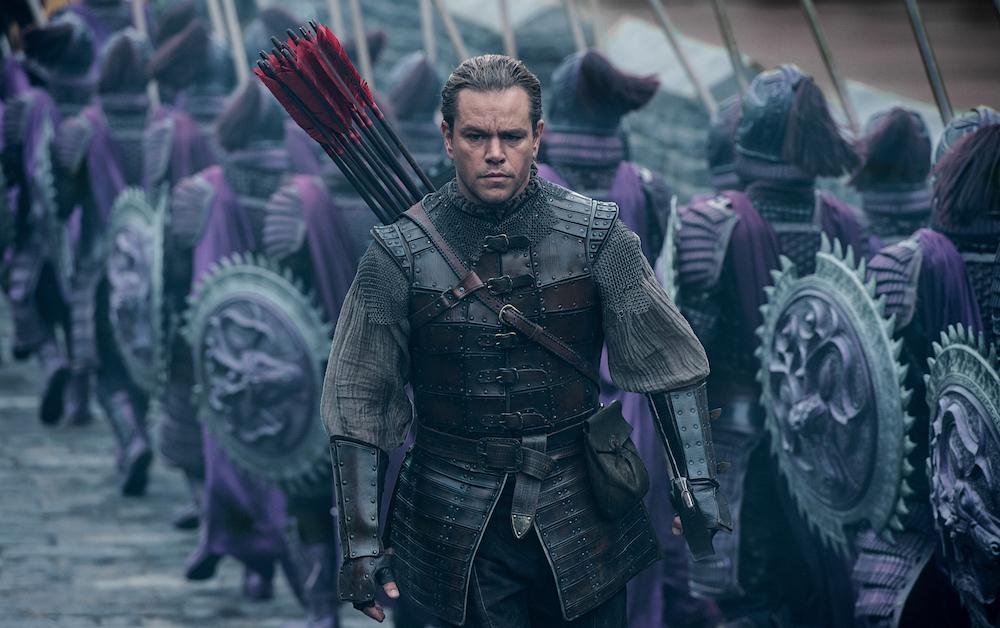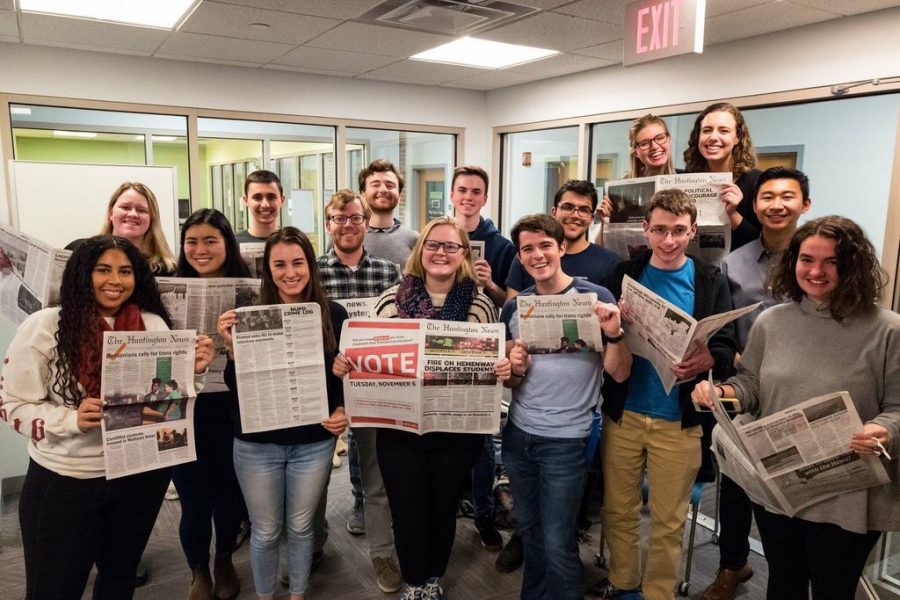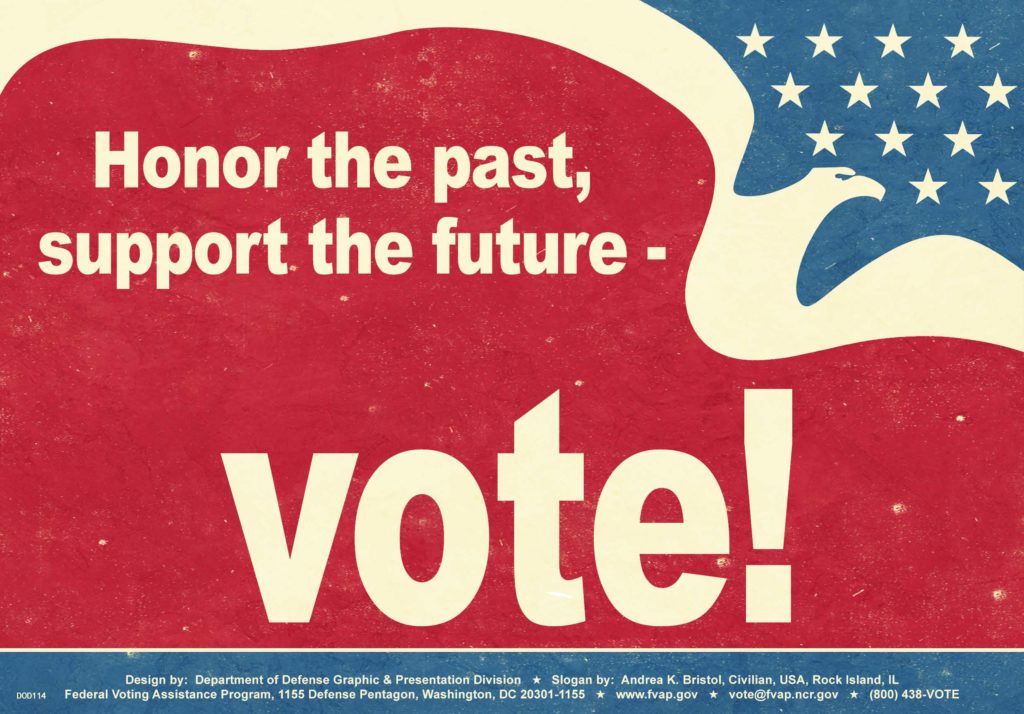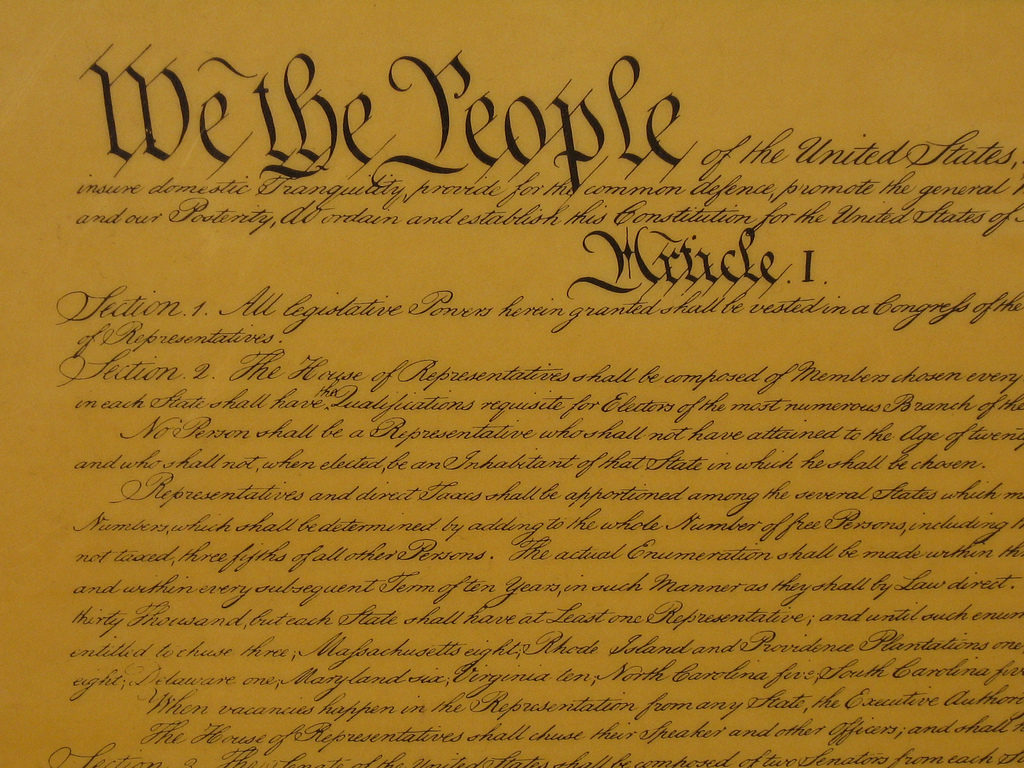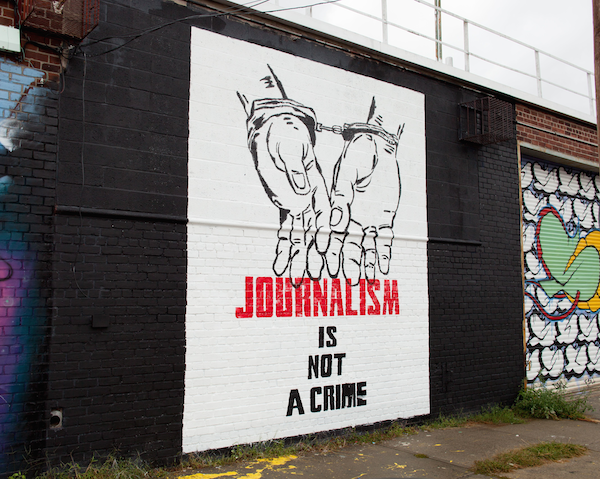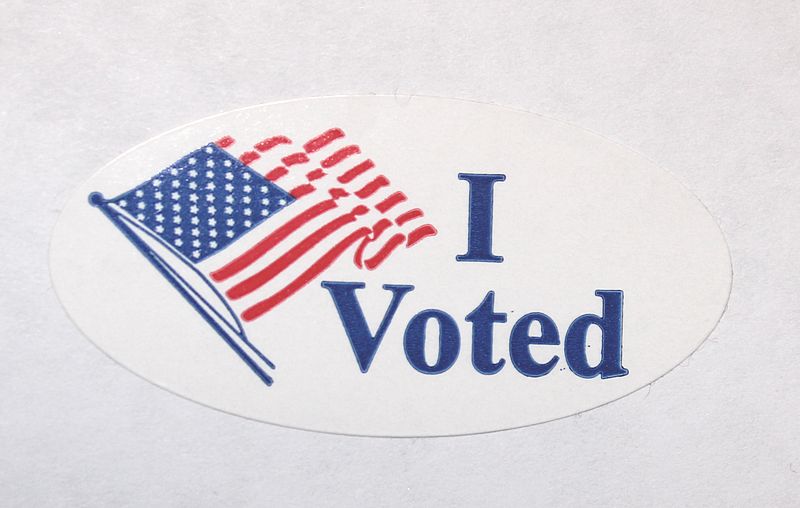While Asian American Heritage Month is traditionally celebrated in May, Northeastern University celebrates Asian American Heritage Week (AAHW) in February so more students can participate in on-campus events.
“Overall, AAHW 2017 seeks to bring together members of both the Asian American community as well as the greater Northeastern community for a week of growth and great change,” according to the AAHW Facebook event.
However, while Asian American students celebrate on campus, actor Matt Damon is appearing across the world in China in Yimou Zhang’s “The Great Wall.” The movie—set to come out on Friday—takes place in ancient China, with Damon, a white man, as the main character, helping local Chinese residents fight off a giant monster.
When the trailer for the film came out last summer, it was met with immediate criticism. Viewers took to the Internet to denounce the whitewashing and white savior complex they said was inherent in the film’s writing and casting. Because the former refers specifically to casting white actors to play characters of color, it does not apply to “The Great Wall”—Damon’s character was written as white.
Whitewashing aside, the movie remains racially problematic. Constance Wu, a Taiwanese American actress and star of the ABC sitcom “Fresh Off the Boat,” took aim at its messianic whiteness.
“We have to stop perpetuating the racist myth that only a white man can save the world,” Wu wrote on Twitter. “We don’t need salvation. We like our color and our culture and our own strengths and our own stories.”
“The Great Wall” is not the only film caught in this mix. In a paper called “The White Savior Film: Content, Critics and Consumption,” Matthew W. Hughey writes:
“White actors such as Tom Cruise as advisor to post-Meiji Japanese samurai in ‘The Last Samurai’ (2003), Matthew McConaughey as civil rights lawyer in ‘A Time to Kill’ (1996) and ‘Amistad’ (1997), Emma Stone as Southern girl writing a munificent exposé in ‘The Help’ (2011) and Sandra Bullock as steel magnolia mentoring a homeless black child in ‘The Blind Side’ (2009) all represent characters whose innate sense of justice drives these tales of racial cooperation, nonwhite uplift and white redemption.”
White actors do not need any more representation in Hollywood. They do not need to be taking roles designed for people of color, nor are they necessary to tell stories about the lives of people of color. Rather, screenwriters should be designing roles for non-white actors to tell their own stories. If a film is taking place in China, Chinese actors should be starring in it. A white lead doesn’t need to swoop in and save the day.
This is our plea: Write characters of color. Cast actors of color in those roles. Give them Oscars and Golden Globes. The world is past ready.
Photo courtesy Getty Images


